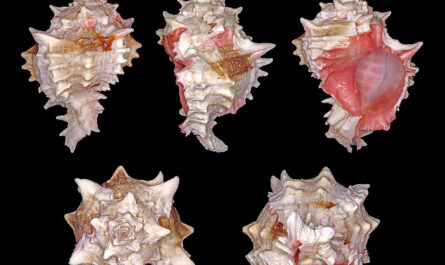In the field of biomedicine, the process of segmentation plays a crucial role in annotating pixels within medical images, such as identifying organs or cells. Artificial intelligence (AI) models have been increasingly utilized to assist clinicians in identifying pixels that may indicate the presence of a specific disease or abnormality.
However, traditional AI models tend to provide a single answer, which may not adequately capture the complexities often present in medical image segmentation tasks. For instance, different expert human annotators may produce varying segmentations of the same image, disagreeing on aspects like the boundaries of a nodule in a lung CT image.
Recognizing the importance of incorporating uncertainty into medical image analysis, Marianne Rakic, a Ph.D. candidate in computer science at MIT, led a team of researchers from MIT, the Broad Institute of MIT and Harvard, and Massachusetts General Hospital in developing a new AI tool designed to address this challenge.
Dubbed Tyche after the Greek goddess of chance, the system introduced by the researchers can generate multiple plausible segmentations of a medical image, each highlighting slightly different areas. Users have the flexibility to choose the most suitable segmentation from the options provided by Tyche based on their specific requirements.
A notable advantage of Tyche is its ability to handle new segmentation tasks without the need for retraining. Unlike traditional approaches that demand extensive datasets and significant machine-learning expertise, Tyche can be readily applied by clinicians and biomedical researchers for a wide range of applications, such as identifying lesions in lung X-rays or anomalies in brain MRIs.
The team believes that Tyche has the potential to enhance diagnostic accuracy and facilitate biomedical research by drawing attention to critical information that might be overlooked by other AI methods. According to senior author Adrian Dalca, an assistant professor at Harvard Medical School and MGH, it is essential to acknowledge ambiguity in medical image analysis, as overlooking potential findings flagged by experts may have significant repercussions.
The research team comprises individuals with diverse expertise, including Hallee Wong, a graduate student in electrical engineering and computer science, Jose Javier Gonzalez Ortiz, a Ph.D. candidate, Beth Cimini, an associate director at the Broad Institute, and John Guttag, a distinguished professor of Computer Science and Electrical Engineering.
Marianne Rakic is set to present Tyche at the IEEE Conference on Computer Vision and Pattern Recognition, where the system has been recognized as a prominent innovation in the field. The development of Tyche marks a significant step forward in leveraging AI technology to address the uncertainties inherent in medical image analysis, potentially revolutionizing how clinicians and researchers approach complex segmentation tasks in the future.
*Note:
1. Source: Coherent Market Insights, Public sources, Desk research
2. We have leveraged AI tools to mine information and compile it


